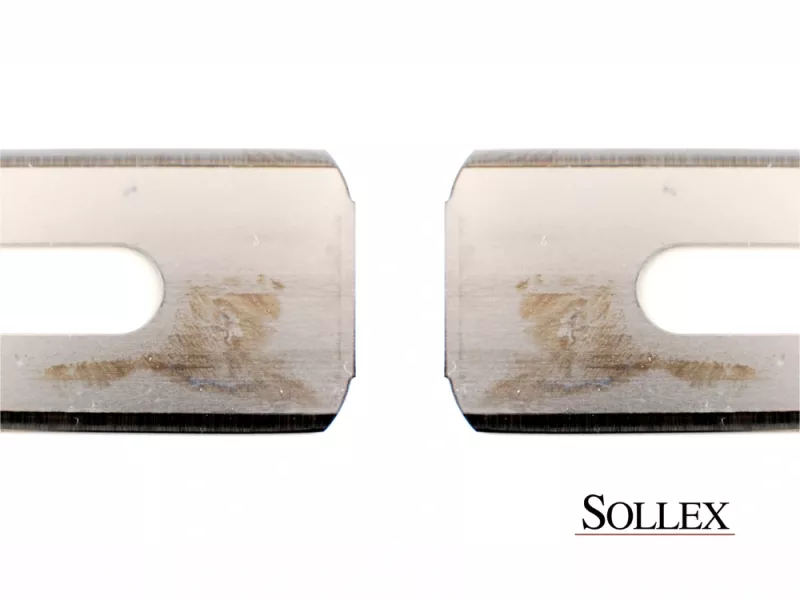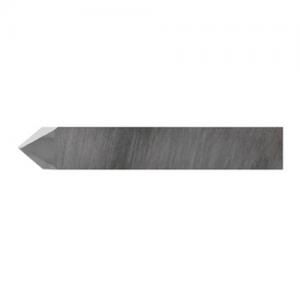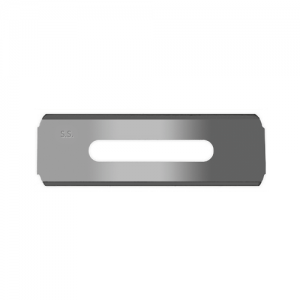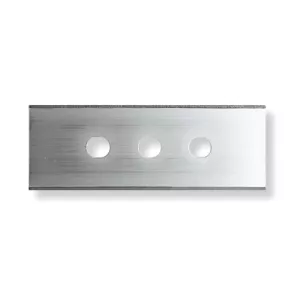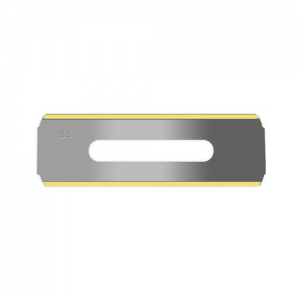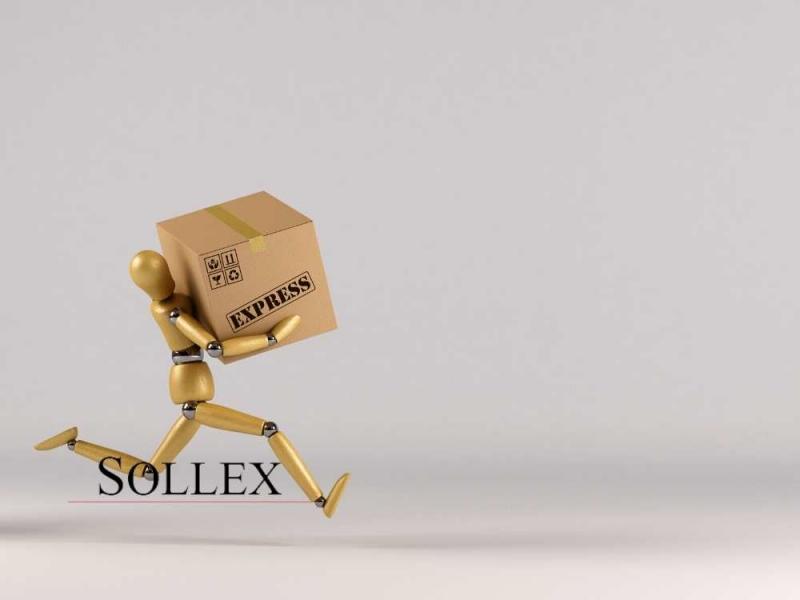How to Prevent Corrosion of Industrial Knives and Blades
We wanted to tell you more about industrial blades packaging, metal corrosion, and ways to protect blades from corrosive processes. Let's start with the theory of what the corrosion process and its varieties.
The nature of metal corrosion
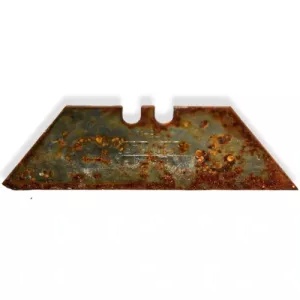 The breakdown of a metal's surface layer due to environmental factors is known as corrosion (from the Latin corrosio, which means erosion). The metal corrodes, tarnishes, and is destroyed by the surface when it corrodes. Metal goods undergo these procedures, which reduce their lifespan and restrict their applications.
The breakdown of a metal's surface layer due to environmental factors is known as corrosion (from the Latin corrosio, which means erosion). The metal corrodes, tarnishes, and is destroyed by the surface when it corrodes. Metal goods undergo these procedures, which reduce their lifespan and restrict their applications.
Cutting materials with corroded steel blades—such as plastic film—will unavoidably result in flaws in the finished product. Therefore, proper industrial blade storage lowers manufacturing costs and faults.
Theoretically, a variety of causes, including the deformed shape of the atomic crystal structure, the metal's chemical heterogeneity, the physical conditions of the surrounding environment, and others, can lead to the degradation of a metal surface due to corrosion.
If the nature of rusting is precisely identified, industrial knives and blades' physical characteristics, as well as the metal's chemical composition and structure, may be changed to slow down or stop the process completely.
Metals and alloys are susceptible to several forms of corrosion damage, including subsurface, selective, intergranular, pitting, solid even, and solid uneven corrosion.
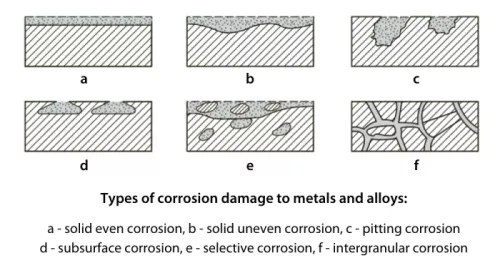
All of the corrosion types shown in the picture above are characterized by the fact that there is a gradual destruction of the metal surface in structures. In some cases it is hidden corrosion damage, in other cases it is open. Knives and blades are usually subject to selective corrosion.
Methods to protect industrial knives from corrosion
In practice, various effective methods have been developed to protect metal products from rusting. You will find them widely used in various industries and construction.
1. Packaging
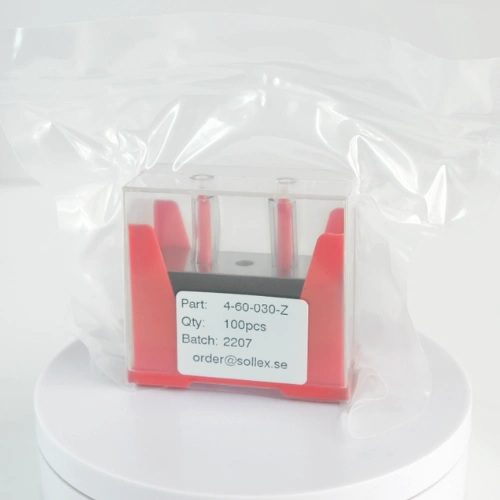 Knives and blades come in a wide variety of shapes and sizes, the primary packaging in which they are sold and stored differs accordingly. But there are basic rules that apply to all types of industrial machine blades.
Knives and blades come in a wide variety of shapes and sizes, the primary packaging in which they are sold and stored differs accordingly. But there are basic rules that apply to all types of industrial machine blades.
Protective oils and greases are typically utilized. The only application of protective lubricants is to temporarily separate metal from an acidic environment. Industrial knives and blades are protected from oxidation and the elements by having their surfaces coated with a unique anti-corrosion oil.
Grease and oil covering metal items, however, is insufficient. Machine knives and blades are wrapped in oiled, laminated, or waxed paper for transit and short-term storage to protect them from moisture, precipitation, etc.
Vacuum is created around the blades to serve as the last line of defense. When the knives are stored under vacuum, oxidation processes are completely prevented, allowing for a significantly longer time until the box is opened.
Plastic dispensers are used in Sollex packaging for blades used in digital cutting machines. Every knife is separately vacuum packed as a sales unit, with its foam-tipped end fastened in the plastic dispenser.
2. Storage
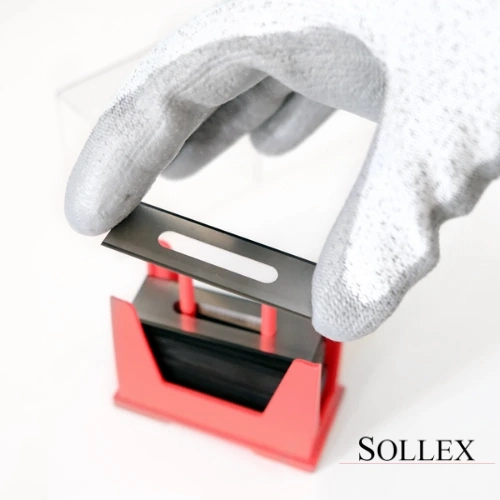 Once you have opened the vacuum and primary packaging, it is important again to know some rules for storing industrial knives on your shelf.
Once you have opened the vacuum and primary packaging, it is important again to know some rules for storing industrial knives on your shelf.
- Put on gloves before handling a knife or blade. The blades are lubricated in the first place, and you won't leave fingerprints on their surface. When the thin layer of protective coating is broken, the area where the mark was left will eventually experience corrosion processes.
- Make sure all the knives and blades are uniformly oiled, securely wrapped in oiled paper, and kept in the box if they are in an open package and you won't be using them right away.
- Also, the air in the production department is often humid and warm, so avoid direct storage where production machines work. Maintain a regulated, low-humidity atmosphere in any spaces where blades are kept or utilized. Relative humidity should ideally be less than 50%. It is recommended to keep the temperature between 20 and 22°C (68 and 72°F).
- If you are using blades and knives that do not include an oil coating, it is important to keep the packaging tightly sealed and stored in a dry area. By keeping their blades well-oiled and protected from the air, users may stop their blades from rusting.
Industrial steel blades from Sollex are always supplied well-oiled and vacuum-sealed.
The above facts and tips do not apply to industrial solid tungsten carbide blades. Machine blades made of tungsten carbide do not need an oil coating because tungsten carbide material does not rust.
3. Coating of blades
 Coating blades for industrial applications with various alloys is mainly done to improve their performance, wear resistance, hardness and blade sharpness. But blade coatings also protect the surface from corrosion.
Coating blades for industrial applications with various alloys is mainly done to improve their performance, wear resistance, hardness and blade sharpness. But blade coatings also protect the surface from corrosion.
In this article, you can read more about Sollex coatings for industrial machine knives and blades.
Which machine knife is right for my business?
Sollex has a very wide range of machine knives and razor blades for industrial applications. All the knives and blades we offer are tested by previous customers and are packed properly in industrial packagings. If you do not find what you are looking for, it is good to know that Sollex develops most of our machine knives together with customers.
If you have any questions about industrial machine knives and blades, please contact Sollex on +4635-15 75 00.
Buy your industrial knives and blades with high cutting edge performance online at Sollex.se

